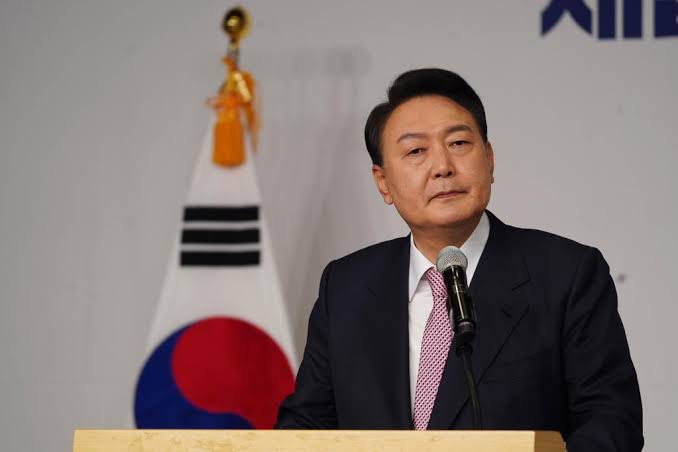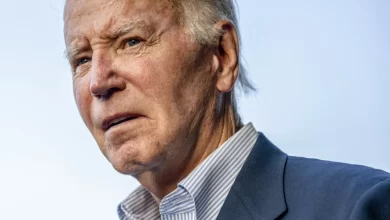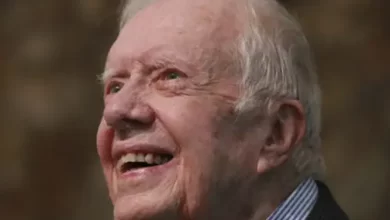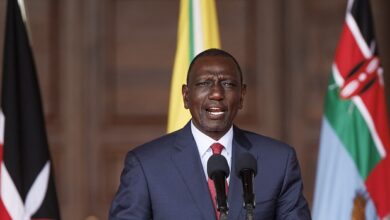South Korea’s Yoon Suk Yeol Faces Arrest Warrant Amid Martial Law Controversy

South Korea is grappling with its most severe political crisis in decades as investigators intensify their probe into suspended President Yoon Suk Yeol’s controversial declaration of martial law. On Monday, prosecutors filed an arrest warrant for Yoon after his repeated refusals to appear for questioning. This unprecedented move seeks to detain the president before his impeachment is finalized by the constitutional court.
The crisis began earlier this month when Yoon briefly suspended civilian rule, justifying his action as a measure to eliminate “anti-state elements.” This declaration was swiftly overturned by parliament, which also stripped him of his presidential duties. However, Yoon now faces criminal charges of insurrection, carrying potential penalties of life imprisonment or even the death sentence.
Unprecedented Arrest Warrant
Investigators, comprising police, prosecutors, defense ministry, and anti-corruption officials, have summoned Yoon three times, but he has consistently refused to comply. His legal team has dismissed the arrest warrant as “unjustified,” arguing that no sitting president can be prosecuted for abuse of power.
Despite these legal defenses, a 10-page prosecutors’ report alleges Yoon ordered the military to use lethal force to enter parliament during his failed martial law bid. Reports suggest that Yoon instructed senior military officials to forcibly remove lawmakers from the National Assembly, even authorizing the use of weapons if necessary.
The Martial Law Debacle
On December 3, Yoon’s televised declaration of martial law plunged the nation into chaos. Armed troops stormed parliament, scaling fences, smashing windows, and attempting to thwart lawmakers’ efforts to nullify his decree. The swift legislative response, however, overruled Yoon’s attempt, leaving him politically isolated.
Investigators allege that Yoon had been planning the declaration as early as March, discussing the possibility with military leaders. Efforts to search Yoon’s offices have been met with resistance from his presidential security team, further complicating the investigation.
Political Fallout
The turmoil deepened as Yoon’s replacement, acting President Han Duck-soo, was also impeached for failing to facilitate investigations into Yoon. Finance Minister Choi Sang-mok has since assumed the acting presidency, only to be immediately confronted with the aftermath of the Jeju Air plane crash, which claimed 179 lives.
Implications for South Korea
This political upheaval marks a turning point in South Korea’s modern history. The prospect of arresting a sitting president before impeachment raises significant constitutional and legal questions. As the nation awaits the constitutional court’s ruling, the case has highlighted deep divisions within South Korea’s political and judicial systems.
The outcome of Yoon’s trial and the impeachment proceedings will shape South Korea’s political landscape for years to come, setting a precedent for presidential accountability and civilian oversight of the military.



